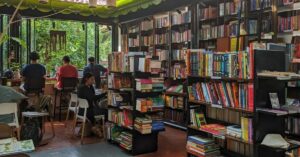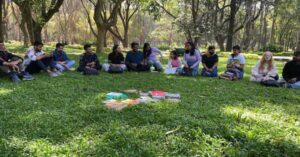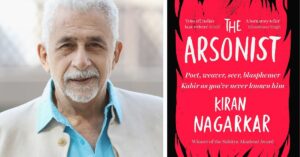Historian Ramachandra Guha Recommends 10 Must-Read Books
Historian Ramachandra Guha recommends these ten books which will widen your worldview.
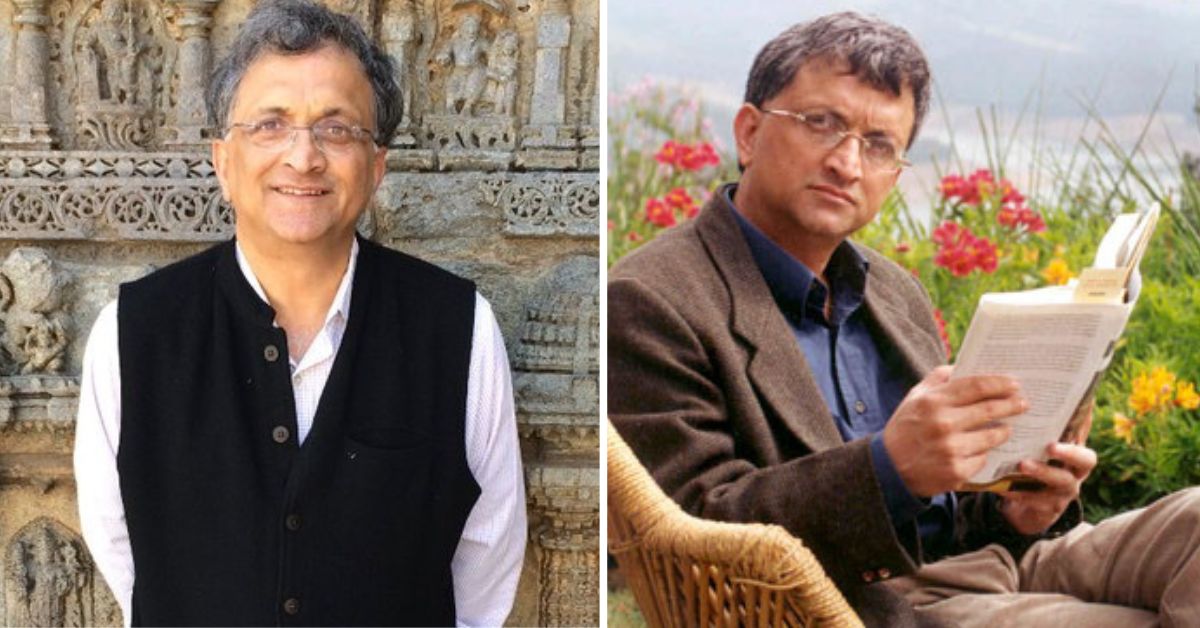
This article contains affiliate links. If you purchase something using one of these links, The Better India will get a small commission.
It was the Italian writer Emilio Salgari who said, “Reading is travelling without the bother of baggage.”
Books have a magical quality about them, they can transport you to an era gone by and make you feel like you are part of it. Every book has the power to expand your worldview.
And who better to expand your worldview than Ramachandra ‘Ram’ Guha. The Indian historian, environmentalist, writer and public intellectual’s research interests include social, political, contemporary, environmental and cricket history, and the field of economics. Having written several books on various topics, he is considered an important authority in the history of modern India.
Here is a list of 10 books recommended by the historian, collated based on various interviews:
1. Telling Times: Writing and Living 1954 to 2008 by Nadine Gordimer
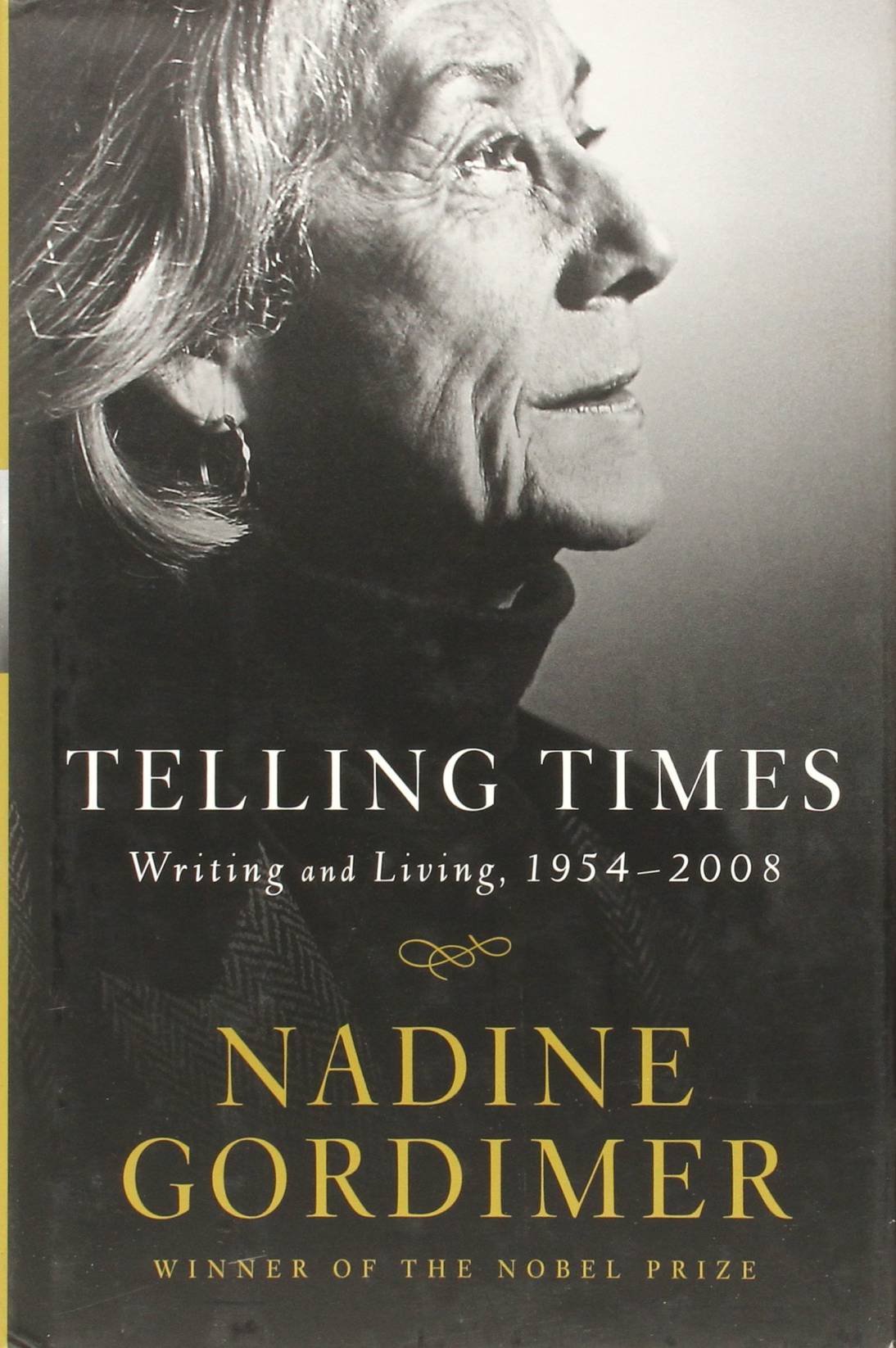
Telling Times is said to be the first comprehensive collection of her nonfiction, bearing insightful witness to the forces that have shaped the last half-century. Her essays include reports from Soweto during the 1976 uprising, Zimbabwe at the dawn of independence, and Africa at the start of the AIDS pandemic, as well as illuminating portraits of Nelson Mandela, Desmond Tutu, and many others.
In a tweet, Ramchandra describing the uniqueness of this work said, “It is her peculiar combination of being privileged and not privileged is part of what makes her work so moving and so insightful.”
Nadine won a Nobel prize for her novels but Ramchandra said that her essays are what he was most drawn to.
Buy the book here.
2. Autobiography of an Unknown Cricketer by Sujit Mukherjee
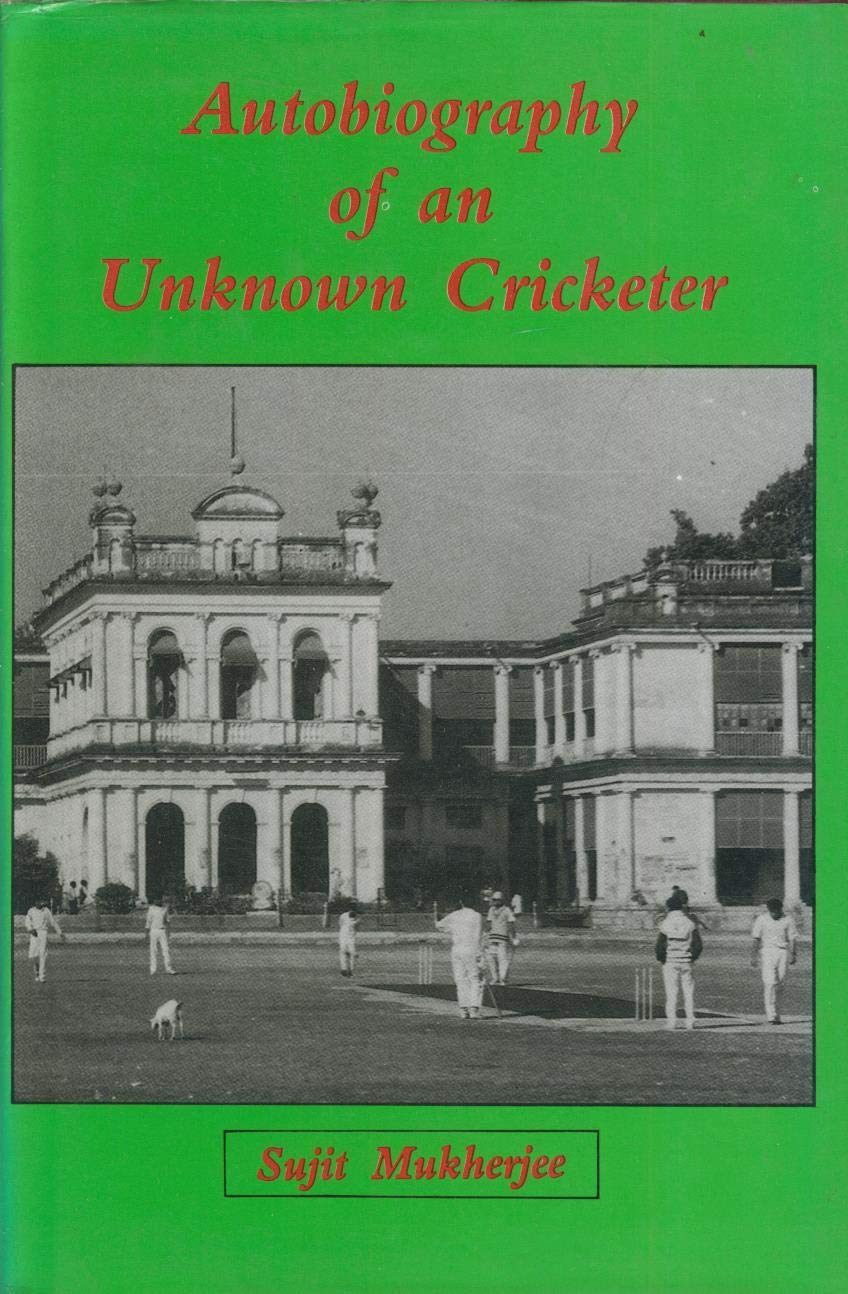
While cricket is a religion in India, cricketers like M S Dhoni, Virat Kohli and Sachin Tendulkar occupy a lot of space in public discourse. However, this is a book that tells the tale of a different kind of cricket. One that is played in schools, colleges and universities. This book is set in the 1950s and 60s India and is the autobiography of writer Sujit Mukherjee.
“This is a delightful book,” said Ramachandra in a tweet.
Buy the book here.
3. The Remembered Village by M N Srinivas
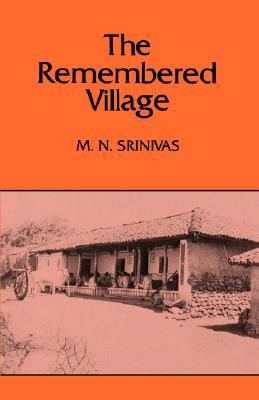
First published in 1978, reviewers describe this work as both enjoyable and illuminating. In addition to the rich detail of village life and of several individual villagers, Srinivas gives the readers valuable insights into the nature of ethnographic research. He relates how he came to study this particular village. He also describes his reactions to the villagers and his perceptions of their reactions to him.
In an article in the Scroll, Ramachandra described this book as an important read on the operations of caste in the countryside.
Buy the book here.
4. Everbody Loves a Good Drought by P Sainath
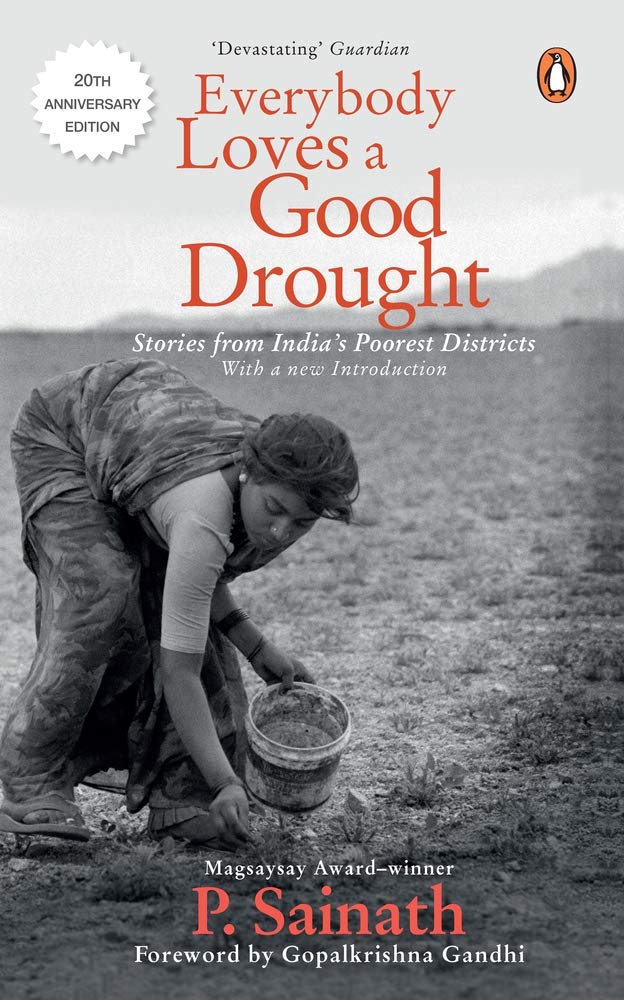
In this book, Sainath writes about his research findings on poverty in the rural districts of India. This book won him the Ramon Magsaysay Award in 2007. This book is a collection of 84 articles written between 1990 to 1992, while the author was residing in the interior parts of Tamil Nadu.
This is yet another book that makes it to Ramachandra’s 50 books that tell the story of 75 years of Indian independence. He said, “This is a book on survival and struggle in rural India.”
Buy the book here.
5. Tagore’s University: A History of Visva-Bharati 1921–1961 by Swati Ganguly
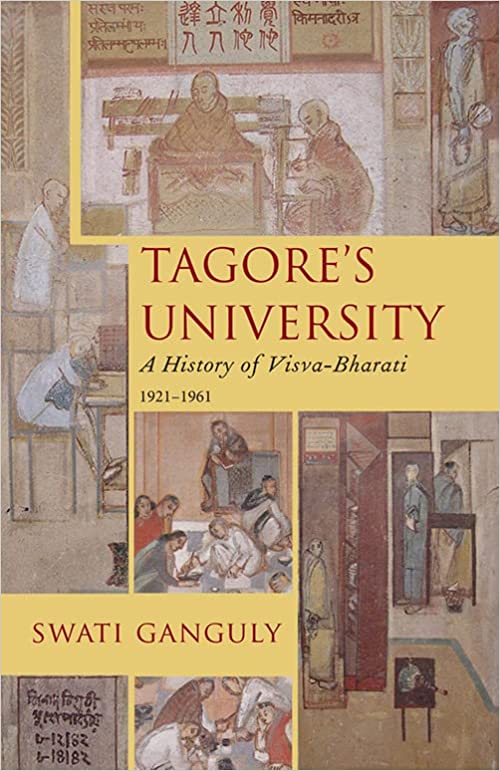
Swati Ganguly explores the many achievements of what Tagore called his “life’s best treasure”. She also narrates changes in the material life and spirit of the place after Tagore, when it was shaped by the larger forces of a newly independent India. Archives, memoirs, official documents, and oral narratives come alive in this compellingly written and little-known history of an institution that once redefined tradition and modernity.
In a tweet, Ramachandra said, “This book is a superb history of the university that Tagore founded. The illustrations are fabulous too.”
Buy the book here.
6. Covid-19: A View from the Margin by Yogesh Jain and Sarah Nabia
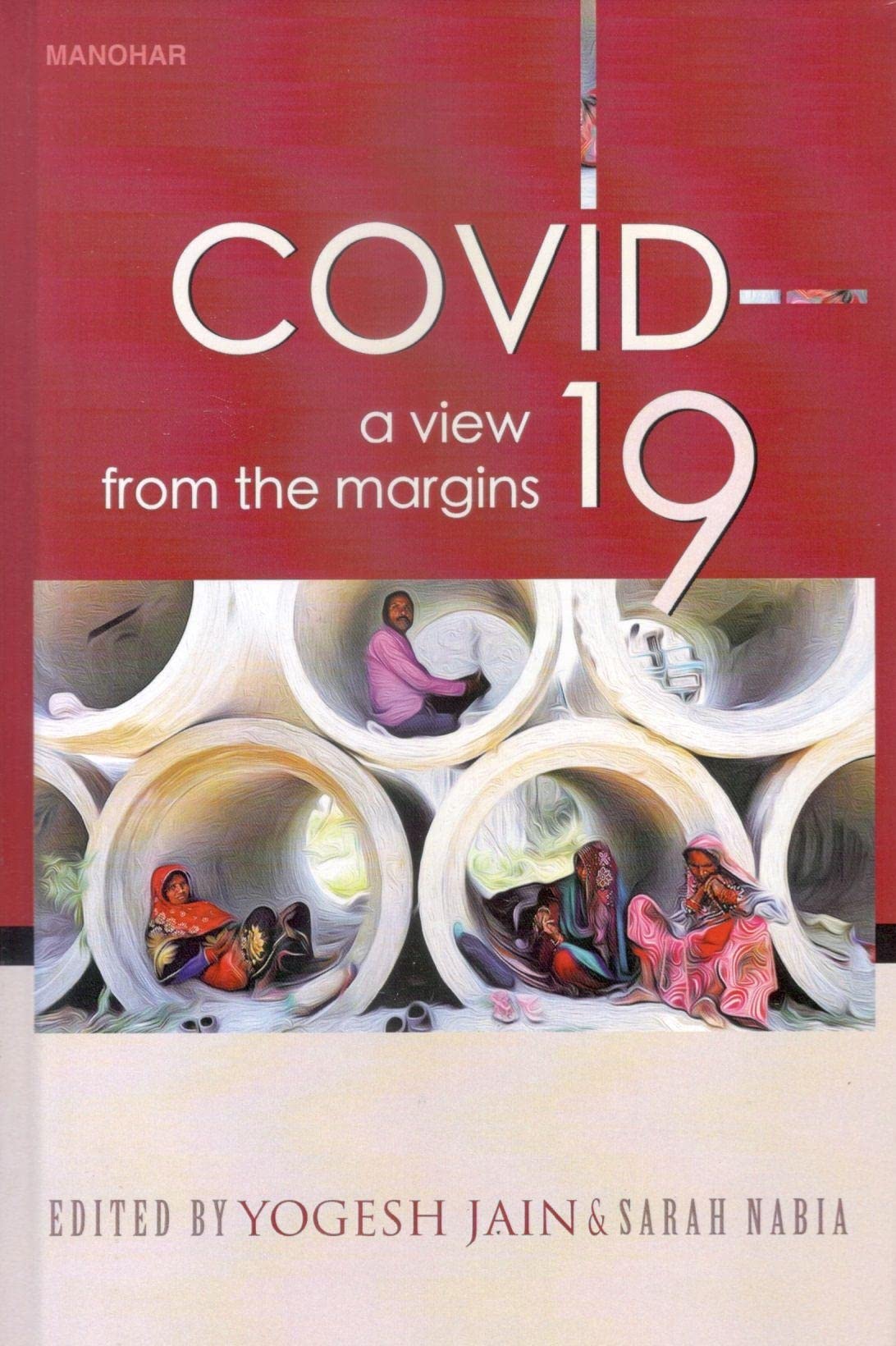
Ramachandra said, “This book may become the definitive account of the pandemic’s impact on India. Its contributors include doctors, public health professionals, scholars, social workers and journalists.”
These stories are the people’s history of COVID-19 in India, an archive of memories and lessons crucial to building more resilient, equitable, and just systems in the post-COVID era.
Editors Yogesh Jain is a paediatrician by training and public health physician while Sarah Nabia studies public health and business at the Bloomberg School of Public Health at Johns Hopkins University.
Buy the book here.
7. Kabir, Kabir: The Life and Work of the Early Modern Poet-philosopher by Purushottam Agrawal
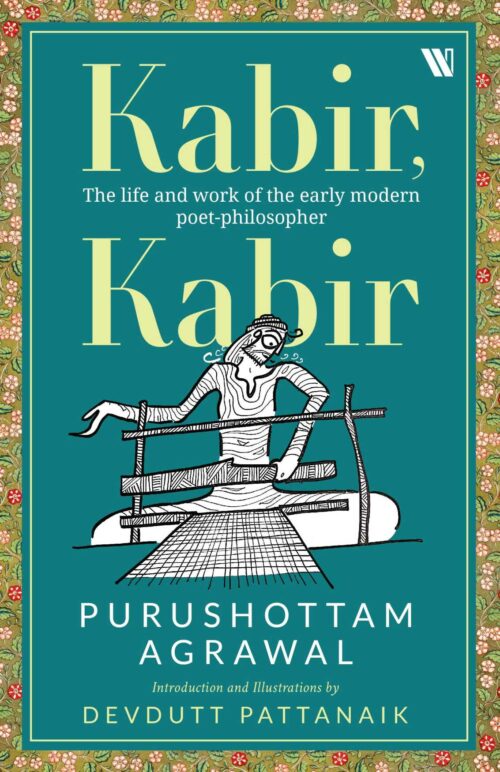
Of the relationship between Kabir and his guru Ramanand, Agrawal writes, “A dialogue between open minds, not self-righteous monologue, is the pathway to genuine learning in the spiritual as well as secular spheres of life.”
“It is utterly absorbing, both about the poet and the society that shaped him and which he shaped in turn,” tweets Ramachandra.
Buy the book here.
8. Kamaladevi Chattopadhyaya: An Autobiography by Jamila Brijbhushan
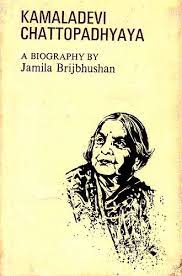
Kamaladevi Chattopadhyaya has blazed the trail in many fields such as theatre, cooperation and handicrafts. Women’s liberation enthusiasts today would find it hard to find a cause that she had not championed years ago. Ramachandra describes her as an “amazing person who was instrumental in convincing Gandhi to let women join the freedom struggle and be a part of the Salt march as well.”
9. Essays: George Orwell
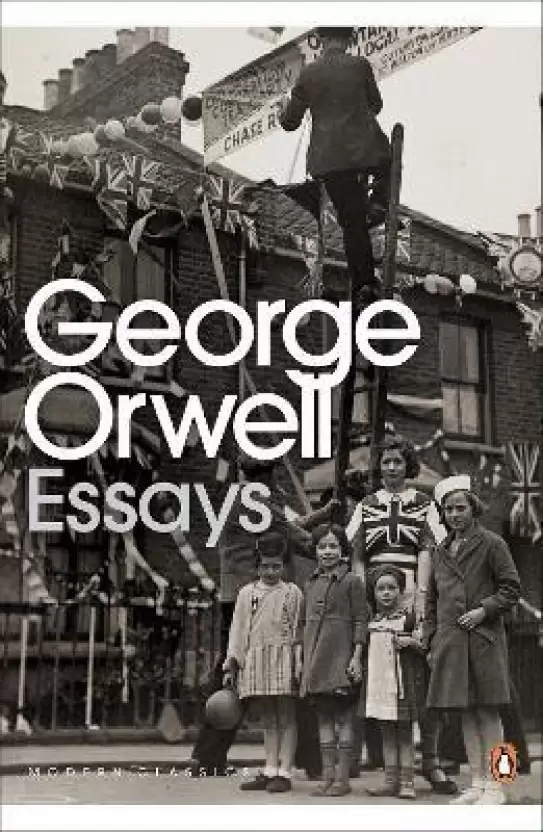
This anthology of essays, reviews and articles showcases the life and work of most of the most celebrated English writers of the century. In this book, the author unfolds his views on varied subjects ranging from the revaluation of Charles Dickens to the nature of Socialism and a spirited defence of English Cooking. The book has a collection of his important essays like My Country Right or Left, Decline of the English Murder, Shooting an Elephant and A Hanging.
In a tweet, Ramachandra describes this work “as a fabulous anthology of some of his best writings.”
Buy the book here.
10. A Life in Two Worlds: Autobiography of Mahatma Gandhi’s English Disciple by Sarla Behn
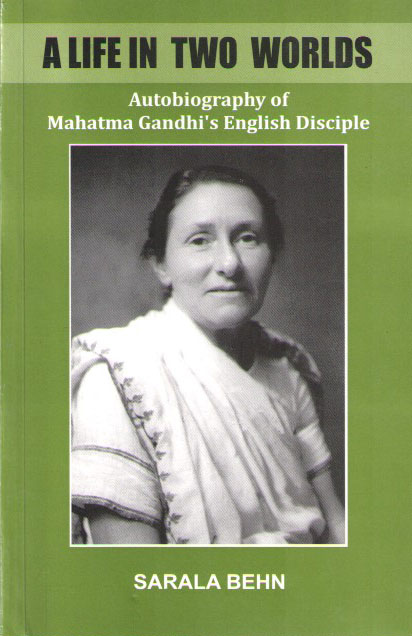
This autobiography covers every aspect of Sarla Behen’s life that Ramachandra recommended in a tweet. How she was brought up in England and then moved to India where she joined the Independence movement. Born during the first World War, Sarla was of German origin. After reading about Gandhi and being enchanted by his teachings, she moved to India. She also played a very crucial role during the Chipko movement.
(Edited by Yoshita Rao; All images from Amazon.in)
Sources:
Ramachandra Guha: 50 books that tell the story of 75 years of Indian independence by Ramachandra Guha
Tagore’s University: A History of Visva-Bharati 1921-1961 by Permanent Black
If you found our stories insightful, informative, or even just enjoyable, we invite you to consider making a voluntary payment to support the work we do at The Better India. Your contribution helps us continue producing quality content that educates, inspires, and drives positive change.
Choose one of the payment options below for your contribution-
By paying for the stories you value, you directly contribute to sustaining our efforts focused on making a difference in the world. Together, let's ensure that impactful stories continue to be told and shared, enriching lives and communities alike.
Thank you for your support. Here are some frequently asked questions you might find helpful to know why you are contributing?


This story made me
-
97
-
121
-
89
-
167




